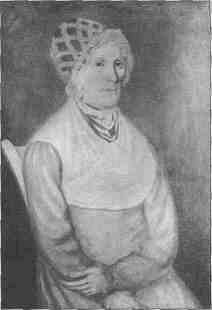|
They are Illinois' 37 "first ladies,"
part of our social and political past.
Yet, like the history of most Illinois
women, they get the merest mention in
the official record, their experiences and
accomplishments obscured by those of
their husbands. What most of them
saw, or thought, or felt has been lost to
us. At best, we can introduce them to
you, beginning on page 32. We do so in
honor of Women's History Month.
Women's historian Gerda Lerner,
who calls history "our collective
memory," argues in her compilation of
essays, Why History Matters, that we
can ill-afford to forget one half of those
who helped to build our culture and our
nation. Or, we would add, our state.
History has always mattered to those
in power, she writes. Not merely
because it codifies the achievements of
the powerful, though it does that. But
also because the story we tell ourselves
about who we were is really the story of
who we can be.
"Selective memory on the part of
the men who recorded and interpreted
human history has had a devastating
impact on women," she writes. "Warfare and the distribution of wealth
were considered more important than
child-rearing and the building of
communities. By accepting such criteria
of selection, historians committed the
basic error of seeing the half as the
whole, remembering one half and
forgetting the other. Selective memory
deprived both women and men of the
ability to construct a truthful picture of
the past." |

ACHSAH BOND
ILLINOIS' FIRST FIRST LADY
1818-1822
|